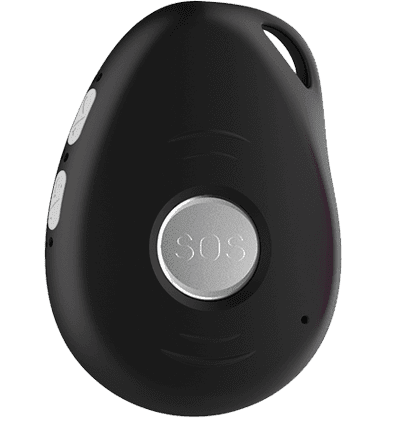An elderly personal alarm provides older adults with the peace of mind that they will be able to call for help should they fall. This means they can stay living in their own homes safely.
img width="448" src=" ">
https://personalmedicalalarms.com.au/gps-locator/ Volunteers aged 65 years and over who had sustained a recent fall were recruited via community invitations for semistructured interviews. This qualitative study aimed to explore their experiences of using (or not using) an alarm.
What is an Elderly Personal Alarm?
">
https://personalmedicalalarms.com.au/gps-locator/ Volunteers aged 65 years and over who had sustained a recent fall were recruited via community invitations for semistructured interviews. This qualitative study aimed to explore their experiences of using (or not using) an alarm.
What is an Elderly Personal Alarm?
If your elderly loved one is living alone or shows signs of declining health, a personal alarm can give them peace of mind. https://personalmedicalalarms.com.au/medical-alert-2/ The device will let them alert emergency services and family members quickly and easily.
There are a lot of different options available so it's important to choose the best model for your needs. For example, if your loved one has arthritis or struggles with fiddly buttons, look for models with large SOS buttons. If they are prone to falls, consider models with built-in fall detection that can activate the alarm if it detects a sudden and rapid drop (rather than a slow, gradual movement).
Many of the systems also allow you to add a list of family member and friends' phone numbers so they will be instantly alerted if a call is made. Other features include keysafes (which provide a secure way for someone to get into your home in the event of an alarm) and mobile alarms that can track an elderly person's location and send out automated location updates.
The Base Unit
A personal alarm is a great way to ensure your elderly family member’s safety in their home or outside. Whether they’re suffering from dementia, or simply have a tendency to fall and hurt themselves, a personal alarm can quickly alert medical professionals.
This system has a base unit, which is connected to a phone jack and then sends a signal to your medical alert services response center in the event of an alarm being triggered. It can also be paired with an in-home medical alert pendant, ensuring that your parent can reach help in the event of a fall or if they’re trapped.
This research highlighted that alarm uptake is dependent on many individual factors, including a person’s beliefs and stages of readiness for change. It is important for strategies to promote effective alarm use to be individualized, so that they’re targeted to those most likely to benefit from them. This includes assessing existing users, and understanding what barriers they may face.https://personalmedicalalarms.com.au/fall-detection-alarms/ The Medical Alert Device
Medical alert systems typically include a base unit with a speaker that allows a subscriber to talk to a dispatcher. The device may also have a help button that, when activated, sends a signal to the monitoring center to indicate that the wearer needs assistance.
Depending on the type of system, some devices can be programmed to check a user’s vital signs and medication intake or to detect smoke and carbon monoxide leaks. Some at-home systems also offer door and window sensors to help monitor users’ safety within the home.
Some at-home medical alarm systems have GPS location tracking, a feature that’s useful for people who are at risk of wandering due to dementia or cognitive impairment. Some specialized systems have Bluetooth technology to allow the user to connect their alert device with other smart devices such as mobile phones, wireless glucose monitors, and smartwatches. Most medical alert system companies require a monthly fee for the service, though some private health insurance plans cover these costs.
![[PukiWiki] [PukiWiki]](image/pukiwiki.png)
